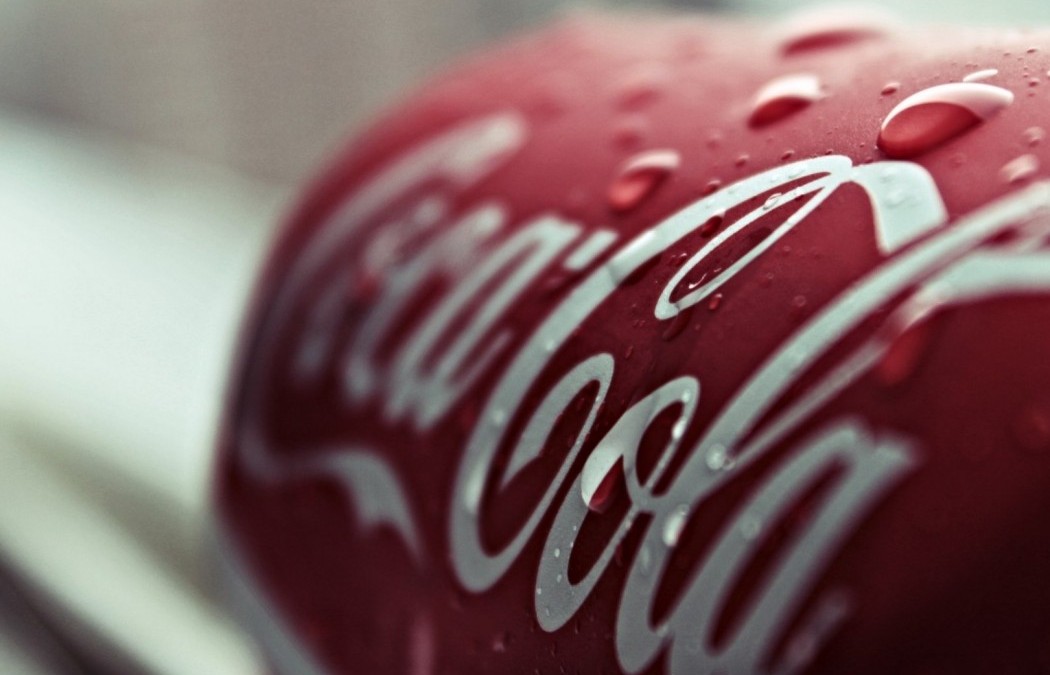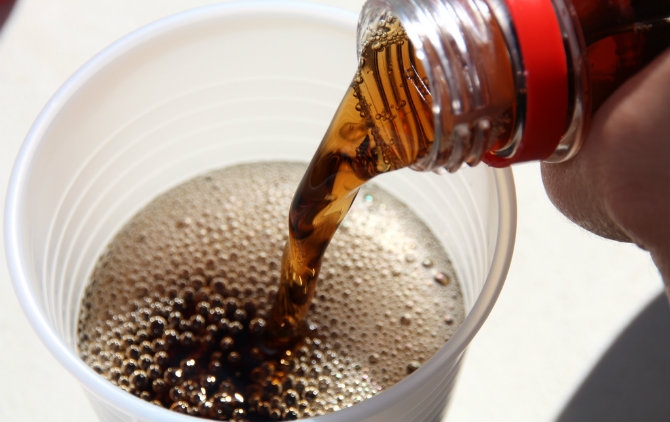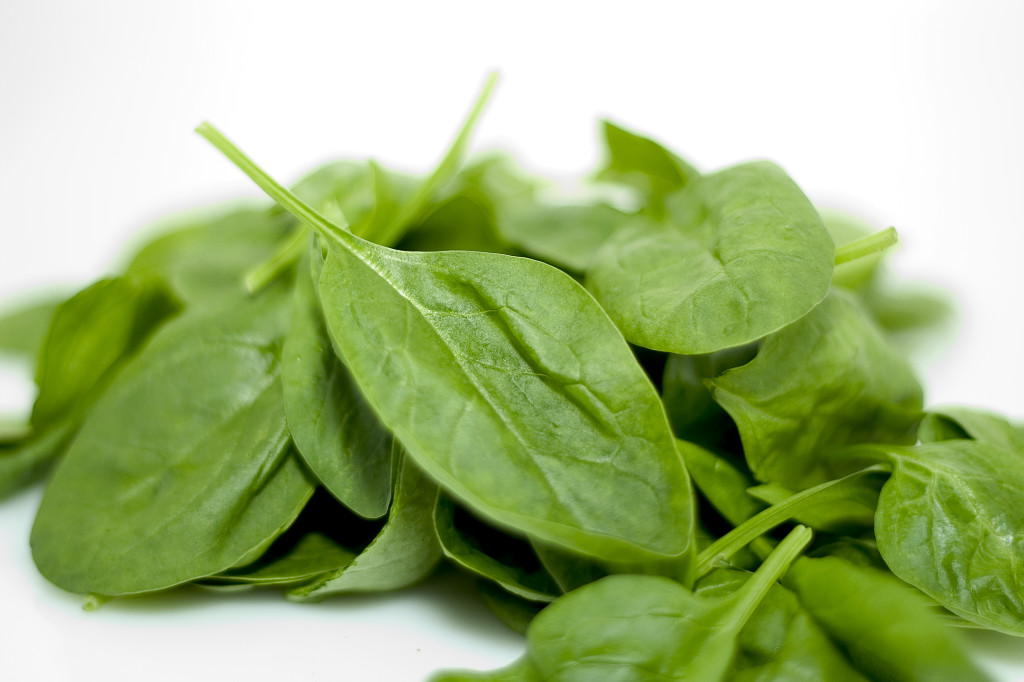I was talking to a client yesterday about his diet, and he let me know that he has 2 or 3 cokes a day, but he doesn’t have dinner because his mom wants him to get in better shape.
So what actually happens to your body when you drink a coke?
In the first 10 minutes: 10 teaspoons of sugar hit your system. (100% of your recommended daily intake.) You don’t immediately vomit from the overwhelming sweetness because phosphoric acid cuts the flavor, allowing you to keep it down.
20 minutes: Your blood sugar spikes, causing an insulin burst. Your liver responds to this by turning any sugar it can get its hands on into fat. (And there’s plenty of that at this particular moment.)
40 minutes: Caffeine absorption is complete. Your pupils dilate; your blood pressure rises; as a response, your liver dumps more sugar into your bloodstream. The adenosine receptors in your brain are now blocked, preventing drowsiness.
45 minutes: Your body ups your dopamine production, stimulating the pleasure centers of your brain. This is physically the same way heroin works, by the way.
> 60 minutes: The phosphoric acid binds calcium, magnesium, and zinc in your lower intestine, providing a further boost in metabolism. This is compounded by high doses of sugar and artificial sweeteners also increasing the urinary excretion of calcium.
> 60 minutes: The caffeine’s diuretic properties come into play. (It makes you have to pee.) It is now assured that you’ll evacuate the bonded calcium, magnesium, and zinc that was headed to your bones as well as sodium, electrolytes, and water.
> 60 minutes: As the rave inside you dies down, you’ll start to have a sugar crash. You may become irritable and/or sluggish. You’ve also now, literally, evacuated all the water that was in the Coke. But not before infusing it with valuable nutrients your body could have used for things like hydrating your system, or building strong bones and teeth.
Wow. Sugar is so prevalent in American culture that we don't always think about what it is actually doing to our bodies. McDonald's currently sells any sized soft drink for $1; sports drinks are loaded with sugars; even things like teas and protein bars can be laced with high sugar content.
Be aware of what goes into your body and treat it nicely. Don't skip meals and then compensate the lack of caloric intake for cheap energy boosters. We need the energy we get from healthy snacks and meals throughout the day to keep our bodies moving and working to it's greatest capacity.
The month of October brings about a grand candy-focused season. It seems so easy to fill our bodies with little sugary snacks because it does give us that immediate boost of energy. Always try reaching for something that will have lasting, sustainable benefits for your body.
The full story is on Nicola Strother's blog. Check out her site if you want the full story!
Cheers!



